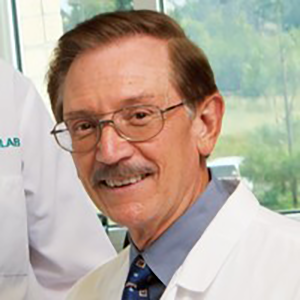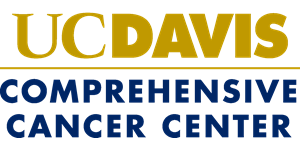Biography
David R. Gandara, MD, Professor of Medicine Emeritus at the University of California at Davis (UC Davis) School of Medicine is the Senior Advisor to the Director, and Director of Thoracic Oncology at UC Davis Comprehensive Cancer Center (UCDCCC). He is an internationally known clinician-scientist and lung cancer thought leader. He has led many notable research projects in lung cancer, including early therapeutics trials at various phases, cooperative group trial through the Southwest Oncology Group (SWOG), and translational science projects. He is the clinical director for a National Cancer Institute (NCI) award to the California Cancer Consortium for Early Therapeutic Trials of New Anti-Cancer Agents. He is past chair of the Southwest Oncology Group (SWOG) Lung Committee, and a member and founding co-chair of the NCI-directed Investigational Drug Steering Committee (IDSC). He has written over 700 articles, book chapters, abstracts and editorials. He is editor-in-chief of the journal Clinical Lung Cancer. He served as president of the International Association for the Study of Lung Cancer (IASLC) from 2009-2011 and served as treasurer from 2013-2017. He is a prior board member and secretary-treasurer of the American Society for Clinical Oncology (ASCO). Most recently, he serves as clinical director for the joint Jackson Laboratory (JAX)-UCDCCC patient-derived xenotransplant (PDX) program in lung cancer, and is UCD Comprehensive Cancer Center’s principal investigator for the Stand Up To Cancer (SU2C) dream team in KRAS-mutated lung cancer.
Session Abstract – PMWC 2020 Silicon Valley
Despite the availability of genomic testing and new treatments including immunotherapy, cancer outcomes have not changed much over the years. However this may be poised to change. In this panel discussion with representatives from medicine, industry and patient advocacy, we will discuss new molecular testing technologies that are enabling the diagnosis and treatment of solid cancers across all disease stages, impacting patient outcomes and lowering healthcare costs. Dare we hope that cancer may be a chronic disease in the not so distant future?









